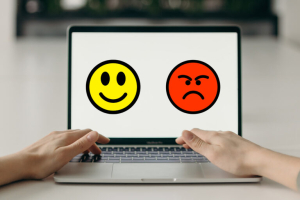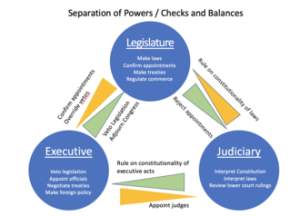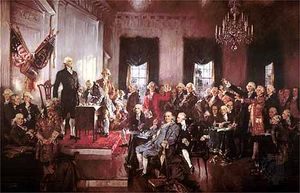
The ENA believed, naively, that if people could communicate across their differences, they might understand each other better.
Few people used the Internet then. We were all elites, intellectually at least. We were thoughtful and we shared a First World viewpoint, even if we lived in Japan, Europe or Africa. We shared values, sort of like the Quakers.
What we believed in was Netiquette. These are simple rules for civilized behavior. Assume goodwill. Don’t yell. In short, be nice. When in doubt, apologize and resolve to do better.
The punishment for a violation of Netiquette was a stern talking to, for both sides of the argument. The punishment for repeated outbursts was to be shunned by the group, dismissed, cast off.

Trolls delight in others’ anger and hopelessness. I was a Democrat by then. The trolls rejected what I said and, when I tried to mount an argument, dismissed both it and me with name calling. Eventually I had no choice but to withdraw.
What Netiquette needs to work is both a set of rules or norms everyone will adhere to, and an ability to enforce those rules.
Netiquette needs government.
Government costs money. In the 1990s this was achieved by moderation. People were paid to moderate discussions, to deal with debates, and to toss those who wouldn’t behave. They were paid based on a percentage of the online fees the system took from users. The moderators would meet online and discuss their issues, to stay on the same page. This acted like a legislature. The system’s owner, GEnie or CompuServe or, eventually America Online, ran the business model and held ultimate responsibility. They were the executive.

The Internet became lawless.
Since then, there have been repeated attempts to impose order on online discussion. Twitter is just the latest. But its government needed a lot of funding, which swallowed what money Twitter was getting from advertising. Elon Musk bought Twitter on the false presumption that he knew best. He imposed his view of order on the system, fired the moderators, and ripped up their software.
The result was chaos. The trolls took over. Musk hasn’t recognized this because he’s kind of a troll himself. Abuse seems to be his leadership style. This can work in a technical setting, if you can build a management team that will take the abuse. It won’t work with a community.

The only answer to the problem is government. Police cost money, courts cost money, legislatures cost money, and executive authority requires a system of choice that is capable of self-correction. In other words, democracy.

My answer is to tax the advertisers. Require those who want to reach the community to put money into a pot for governing discussions. Moderators will be paid for through the pot, and they will build the rest of the structure. The underlying software should also be open source, which is the best governance model of all.
A tax on users inevitably means there are few citizens and many who can then be defined as enemies of the digital state. The digital state does not need to make enemies.
We have enemies enough.









